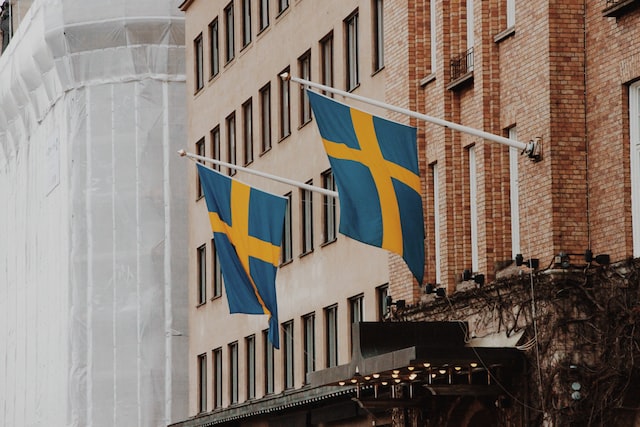Sweden is expected to enter into a recession next year that will last for two years till 2025, according to a report by the Institute of Economic Studies.
The invasion of Ukraine by Russia has squeezed supply chains, and central banks’ efforts to tame inflation by raising interest rates are pushing global economies into a recession. Worrying signs of Covid reemerging in China can further squeeze the supply chain.
“Swedish households are more sensitive to interest rates than households in other countries due to high loan-to-value ratios and short fixed interest periods,” according to the report. “Households are under pressure from several sides and their real disposable incomes will decrease in 2022 and 2023.”
While the recession is hitting the labor market with some lag, unemployment usually rises when the recession gradually dampens the demand for labor.
Some Indian immigrants can become vulnerable to job losses as big companies such as H&M and Ericsson are looking to lay off thousands of employees. H&M is planning to lay off about half of its workforce in Sweden over the next few months, and Ericsson is planning to cut costs of around 10 billion SEK. In 2017 when Ericsson unveiled similar cost savings, it laid off over 20,000 employees in several job cuts.
“Unemployment will rise to over 8% in 2023 and the outlook is bleak for GDP, says unit manager Erik Spector at a press conference, according to news reports.
The main problems faced by immigrants are twofold – as among the highest paid employees, it becomes harder to secure another job quickly, and if they have don’t have a permanent residency, they will have to leave the country within three months if no job is secured.
Apart from increasing prices due to higher inflation, plans by Riksbank to further increase interest rates to 2.75% by February would see higher interest rates, skyrocketing mortgage costs and a fall in house prices. That in turn would make it difficult to sell a house.
The unions are also not expected to ask for a wage increase proportionate with the price hikes as that would again fuel inflation. So, the real wage is expected to fall this year, along with the GDP.
Link to the research report (in Swedish)













